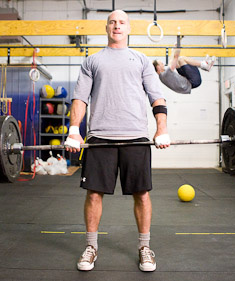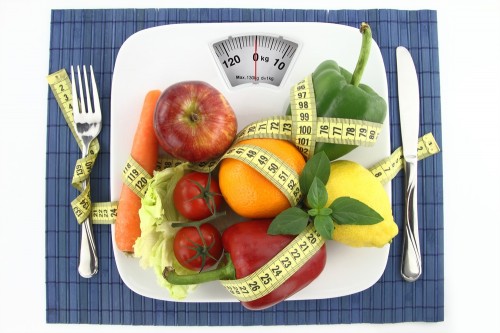
Fox Hill Point – Rye, NH, sunrise
I stood on a large granite boulder, hands in my pockets looking down at my wiggling toes. I had stuffed them into some wooly socks and then jammed my feet into my flip flops. It’s not that I found my feet all that interesting; it’s just that I was too nervous to look up at the large set of waves that was detonating on the outside reef at my favorite local point break. The surf that was delivered up by Hurricane Bill was so large that the states north and south of us had declared “Condition Black” – no one allowed in the water or they would be arrested for endangerment. But this is New Hampshire: Live Free or Die. Seemed ironic.
As I pulled on my wetsuit, I remembered something that was said to me by a Chilean surfer on a similar big day in Costa Rica – “These are the days that define us.”
I was waxing the board that I only go to when the waves are extraordinarily large – I call it The Laxative. I grabbed my 6-foot, heavy water leash and fastened it to my ankle. I must have checked that Velcro five times before I actually got in the water.
When you duck-dive under a big wave, you get an appreciation for just how insignificant you are in the big scheme of things. The waves this day were thick, powerful ground swell waves generated a thousand miles away by 125 MPH winds. They stood tall and clean, perfectly groomed by light offshore winds. They had marched across the Eastern Atlantic for days to meet me here this morning.
The set waves were spaced out every 18 seconds. An interval of that length is a key indicator of the power of the wave itself. 14 or 15 seconds is usually an epic day – 18 seconds is almost unheard of on the east coast. I took full advantage. I had some all-time thrilling rides and some world class wipe-outs. As I ambled back up onto the rocks, arguably the most treacherous part of any surf session, I notice my “leggie” was no longer 6 feet long.
I laid my board on the sidewalk to inspect my leash. It was now a full 9 feet. Incredible. The force of the surf had actually stretched it by an additional 50% – and it still held up. Physicists call this phenomenon plasticity: the ability of a material to stretch and be reshaped under stress.
Every day we have the incredible opportunity to get out of bed, “paddle out” and stretch ourselves. The human mind has many innate requirements. These can be referred to as Essential Elements. One of these elements is struggle. Struggle gets a bad rap. From the beginning, we are taught that it something to be avoided. We fear it, complain about it, or want to be rescued from it. Instead, we should embrace it.
Struggle shapes us. We are plastic beings. Neuroscience refers to this quality as neuroplasticity. With the right perspective, coping mechanisms, and rest and repair strategies, we move forward, expanded.
The next morning I found myself more confident in somewhat smaller, but still challenging surf. The prior day’s experience had changed me as a surfer. I was stretched. I paddled into large waves comfortably, punched through the sets with ease, and smiled as I noticed my leash trailing further behind me than usual.
Now go stretch yourself,
Dr. Stephen Franson









